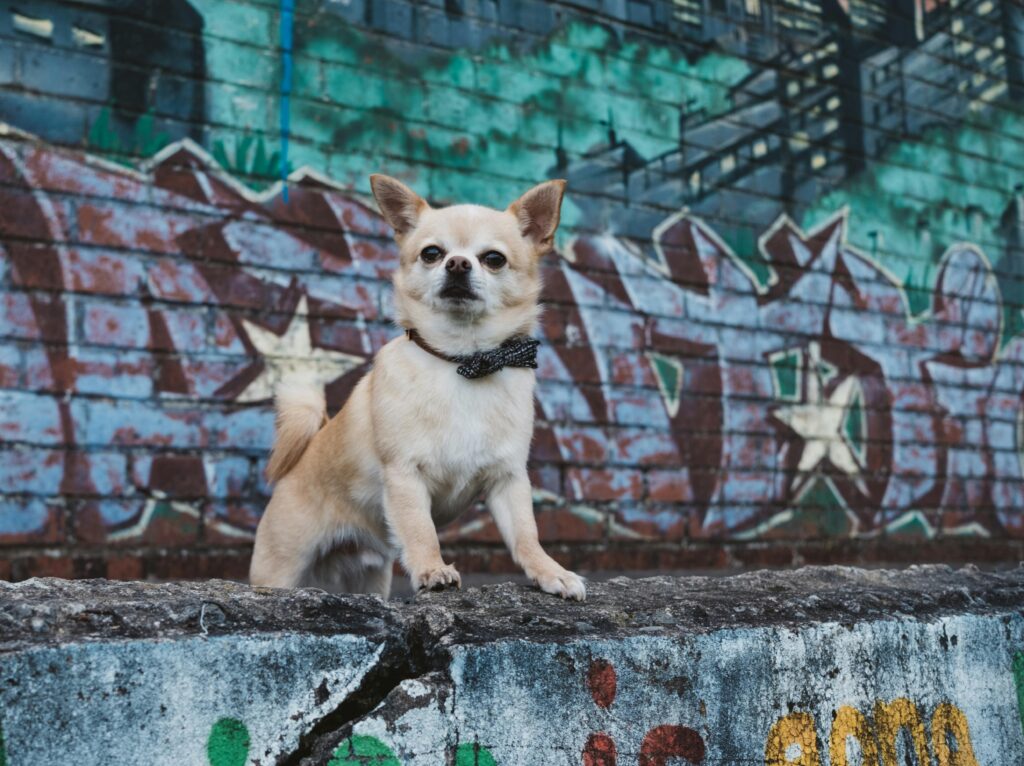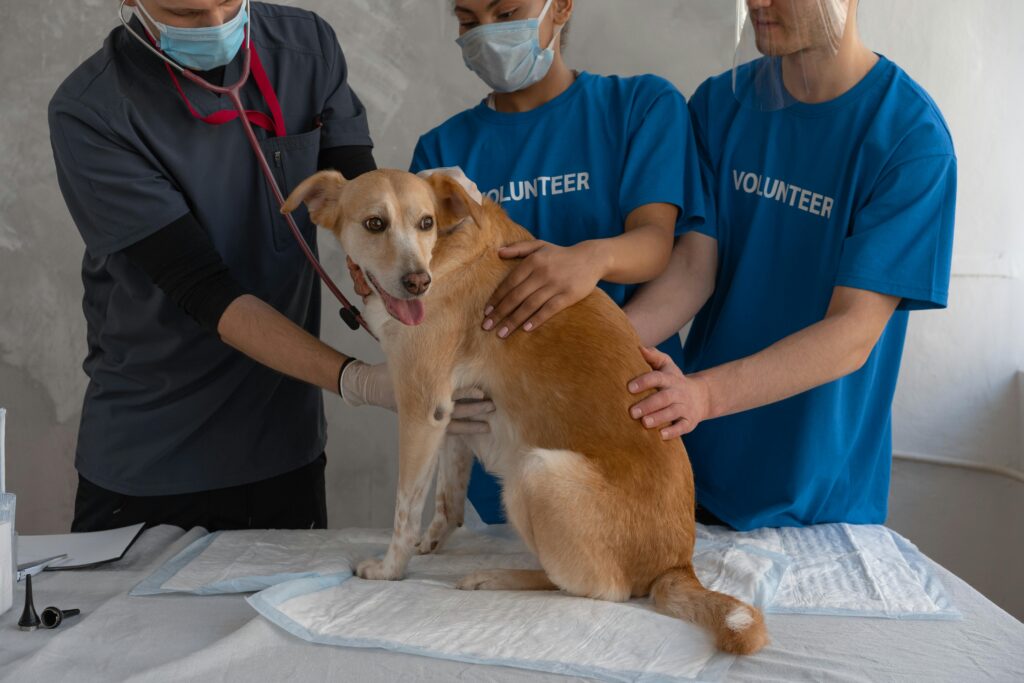
Watching your puppy deal with fear can be heart-wrenching. Puppies are naturally curious, but fear can sometimes hold them back from exploring and enjoying life. Fortunately, with patience and the right strategies, you can help your puppy build confidence and face the world without fear.
Why Do Puppies Experience Fear?
Fear in puppies is a natural part of their development. Between 8-16 weeks, puppies go through a crucial socialization period, where they are highly sensitive to their environment. If they are exposed to negative experiences or lack positive socialization, fear can take root. This makes it essential to tackle fear early and focus on building confidence in your puppy.
Signs Your Puppy Might Be Afraid
Recognizing fear in your puppy is the first step to helping them overcome it. Common signs include:
- Trembling or cowering
- Tail tucked between legs
- Avoiding eye contact or trying to hide
- Excessive barking or whining
- Refusing treats or food in a stressful situation
If you notice these behaviors, it’s important to stay calm and begin working on ways to boost their confidence.
How to Help Your Puppy Build Confidence
- Gradual Exposure to New Experiences
Slowly introduce your puppy to new people, places, and sounds. Take it step by step—if your puppy is scared of a vacuum cleaner, let them observe it from a distance while it’s off before gradually introducing the sound. - Positive Reinforcement
Reward your puppy with treats, praise, or toys whenever they face a fear or try something new. This helps them associate positive outcomes with previously scary situations. - Socialization
Socializing your puppy is one of the most effective ways to prevent fear-based behaviors. Expose your puppy to other dogs, children, and different environments in a safe and controlled way. - Stay Calm and Supportive
Puppies look to their owners for cues. If you remain calm and confident, your puppy is more likely to feel safe and secure. Avoid forcing them into situations that are overwhelming. - Desensitization and Counterconditioning
If your puppy has a specific fear, such as loud noises or strangers, desensitization and counterconditioning can help. Gradually expose your puppy to the trigger at a low intensity, pairing it with treats and positive experiences.
The Importance of Patience
Helping your puppy overcome fear takes time. Be patient and celebrate small victories along the way. With consistent effort, your puppy will grow into a confident and happy dog.
At PetsDogPuppy, we’re passionate about helping you and your furry friend thrive. Confidence-building is a crucial part of raising a well-adjusted pup. Remember, with the right techniques and plenty of love, you can help your puppy overcome fear and grow into a brave companion.
If you’re looking for more advice on how to help your puppy build confidence, explore other helpful guides on our site.

